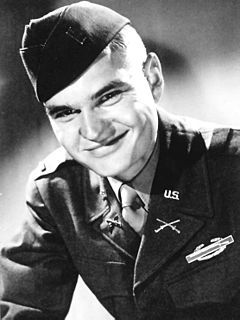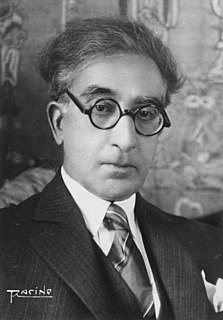A Quote by Art Buchwald
War for most men is not fighting or marching in parades. It is sitting around somewhere wondering what the hell you are supposed to be doing.
Related Quotes
At 21, you can live life with reckless abandon, as reckless as your abandon is. Then, at 30, there's something there are the supposed to be's. You're like, "I'm supposed to be doing this. I'm supposed to be doing that." You start measuring your life by what you think you're supposed to be doing. Having recently turned 40, it's like, "What the hell?! Why am I worried about what I'm supposed to be doing? What do I want to do?" You become fine with wherever the road takes you.
Every case involving cybercrime that I've been involved in, I've never found a master criminal sitting somewhere in Russia or Hong Kong or Beijing. It always ends up that somebody at the company did something they weren't supposed to do. They read an email, went to a website they weren't supposed to.
Speak not of guilt, speak not of responsibility. When the Regiment of the Senses parades by, with music, and with banners; when the senses shiver and shudder, it is only a fool and and an irreverent person that will keep his distance, who will not embrace the good cause, marching towards the conquest of pleasures and passions. All of morality's laws - poorly understood and applied - are nil and cannot stand even for a moment, when the Regiment of the Senses parades by, with music, and with banners.
I love sitting through long things. I mean, 'Gone With the Wind' I will sit through; I love sitting somewhere for four hours, for anything. I love being on a train. I love sitting down for four hours. I think it's the most wonderful thing to be able to sit somewhere and concentrate on something for more than two hours.

































